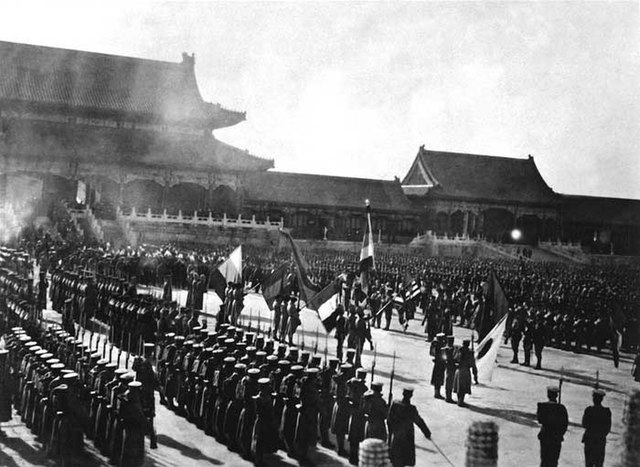Infinite photos and videos for every Wiki article ·
Find something interesting to watch in seconds
Celebrities
Famous Castles
Sports
World Banknotes
Best Campuses
British Monarchs
Recovered Treasures
History by Country
Supercars
Largest Empires
Great Museums
Countries of the World
Crown Jewels
Great Cities
Tallest Buildings
Wonders of Nature
Orders and Medals
Ancient Marvels
Animals
Kings of France
Presidents
Wars and Battles
Largest Palaces
Rare Coins
Richest US Counties
Great Artists
more top lists





